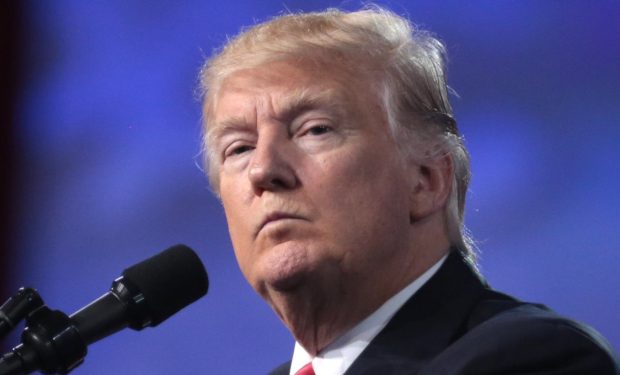After the Supreme Court’s decision to hear Donald Trump‘s immunity claim, Democratic Party elections lawyer Marc E. Elias appeared on Brian Tyler Cohen‘s podcast Democracy Watch to warn viewers against complacency and fatalism regarding Trump’s court dates and due process.
[Note: In 2020 and 2021, on behalf of the Biden presidential campaign and the Democratic National Committee (DNC), Elias oversaw the state-by-state response to lawsuits filed by the Trump campaign contesting the 2020 presidential election results. Of the 64 cases, he won all but one case, which was later overturned in his favor.]
On Democracy Watch, Elias looked pleadingly at the camera and said: “If the Supreme Court decides this case on the last day of its term in June, this trial in DC needs to go immediately. We say it’s less likely, but here’s the deal — there is no reason Donald Trump can’t stand trial in September.”
Elias continued: “There is no reason Donald Trump can’t stand trial in October. There is no reason Donald Trump can’t be in the midst of trial on Election Day.”
.@marceelias: "If the Supreme Court decides this [immunity] case on the last day of its term, this trial in DC needs to go immediately… There is no constitutional right to avoid trial because you are running for office."
— Brian Tyler Cohen (@briantylercohen) February 29, 2024
Full episode: https://t.co/vKk4L1opQQ pic.twitter.com/ykEPfT8gdL
Elias added: “There is no constitutional right to avoid trial because you are running for office.”
“I worry,” Elias admits, “that people have bought into this idea that there’s a point in which it is too late to be fair to Donald Trump. There is no point at which it is too late for Donald Trump to stand trial.”
“Don’t let the normalcy of this idea,” he says, “that in some date late in August or September it’s just too late. It is never too late for the criminal justice system to hold Donald Trump accountable and we all need to insist on that.”
Harvard Constitutional scholar Laurence Tribe shared a similar contention, pointing out that “Jay Bratt, Chief of Counterintelligence at DOJ’s National Security Division, told the court that DOJ has no regulations saying it must refrain from bringing criminal cases against defendants within 60 days of an election.”
A clarification about the difference between bringing a suit and continuing a prosecution is below, reaching a conclusion that concurs with Elias.
To clarify, there might be a policy about opening an investigation, or even handing down an indictment.
— 𝕋𝘳𝘦𝘷𝘰𝘳 𝔹𝘰𝘶𝘳𝘨𝘦𝘵 (@trevorspoke) March 1, 2024
But Trump criminal prosecution has already commenced.
Jay Bratt said that policy does not apply to setting a trial date.
“We are in full compliance of that policy, that it…
